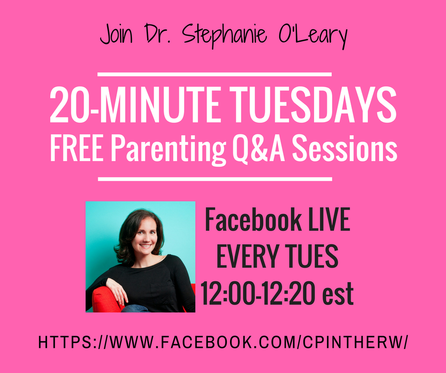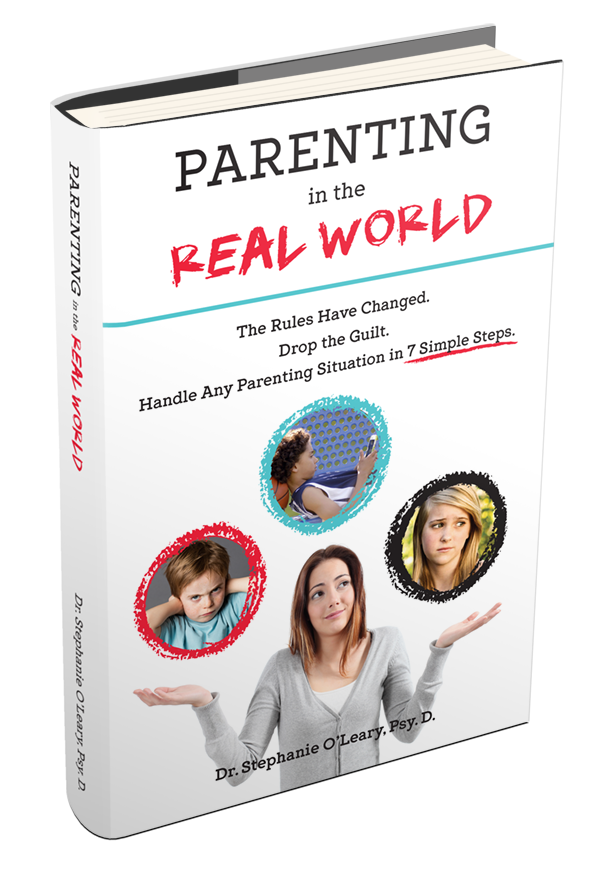|
In case you didn’t have enough to keep up with while raising your kids, the rules have changed when it comes to kids and screen time. Just last week the American Academy of Pediatrics (AAP) met to update guidelines for 2017 giving parents new information on how to manage the amount of time kids spend in front of screens.
Before we get too far, I want to include a little disclaimer: These are guidelines. As a parent, you can do your best to follow them knowing that they are easier to create than they are to carry out on a daily basis. When kids are sick, when you’re sick, when you’re trying to get your child to sit still for a doctor's visit, or when you’re counting the minutes until your four-hour flight lands, well-chosen movies, games, and Apps can be a lifesaver. Let’s not throw that baby out with the bathwater while trying to make sure screen time doesn’t get out of hand. Okay, now that we have that out of the way, here are the most important take-away messages as well as some helpful tips on using the well-researched advice of doctors in the real world—where you and I both live. Infants (under 18-months) The AAP recommends no screens. Basically, pretend your child is allergic to screens. Also, try not to use screens around your child (TV, smartphone, etc). Here are my takeaways (coming from a mom who spent countless hours watching TV while feeding my babies because I didn’t have kids who ate quickly and efficiently and I was doing the all I could not to lose my mind):
Toddlers (18 to 24-months) The AAP says that a tiny bit of screen time is okay but only supervised, high-quality educational activities or use of screens to connect/socialize (think Skype or FaceTime chats with grandma). Here are some other things to keep in mind:
Preschool Years (ages 2-5) The new AAP guidelines suggest no more than one hour per day of educational screen time adding that parents should view with their children (just when you thought you had a guilt-free hour of peace!).
Kids (6 years and older) The AAP suggests that parents make sure kids do their schoolwork, socialize, get a least one hour of physical activity per day, and get ample rest (8-12 hours per night depending on age). What’s leftover can be used as screen time with careful selection of shows, games, Apps, etc. Unfrotunately, that’s a little less clear and with such a big age range lumped into a small category it’s hard to find the bottom line on how much time is too much time! Here’s what to focus on:
Want to talk more about how to parent in the real world?
Join Dr. Stephanie O'Leary for this week's "20-minute Tuesday" Facebook LIVE Session. CLICK below. POST your questions. SHARE with friends. TUNE IN for real world answers.
0 Comments
Leave a Reply. |
Stephanie O'Leary, Psy.D.
Sharing practical strategies that help parents rediscover joy in their children (even when someone's crying, the phone is ringing, and it smells like the house may be burning down) Archives
October 2017
Categories |




 RSS Feed
RSS Feed